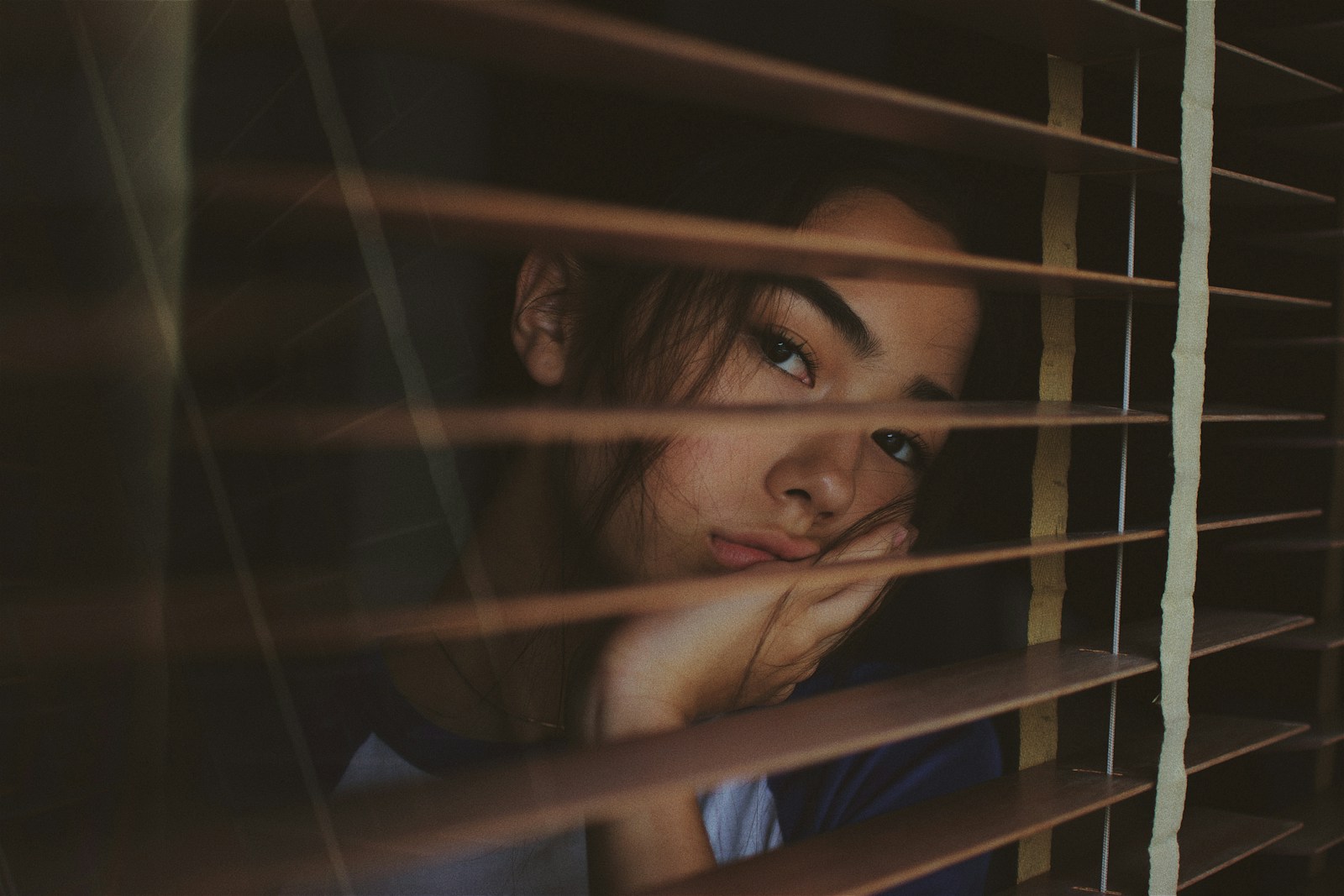Beating the effects of Blue Monday
Today, 20th January 2025, marks Blue Monday which is otherwise known as ‘the most depressing day of the year’.
The quote ‘I hate Monday’s’ from Jim Davis’ well-known Garfield Comic strip has arguably never been more relatable than today – 20th January – as it marks Blue Monday, the most depressing day of the year. 
Established in 2005 by UK travel company Sky Travel, the concept was invented as a way of summarising how the majority feels when the festivities of Christmas and New Year officially come to an end. This period marks a time when individuals are struggling financially, the weather is far from optimal and failed New Year’s resolutions are commonplace. What’s more, today’s date also marks Donald Trump’s return to The White House – an event that many may find distressing.
It should be noted that over the years scientists have reminded people there is no concrete evidence to suggest today is actually ‘the most depressing day of the year’. Instead, experts have theorised the event was created by the travel organisation as a marketing strategy.Not only does the feeling of booking a holiday immediately boost endorphins, but it also gives individuals something to look forward to.
Nevertheless, the concept has become reality. In a bid to raise spirits and tackle this year’s winter blues, Simon Bennett, Managing Director of cycleGuard and musicGuard, offers coping mechanisms that won’t break the bank.
One of the suggestions is exercise – particularly cycling which Simon remarks is a ‘compelling way to improve mental and physical well-being.’
To give context, Simon referenced a report from ISGlobal which found people who switched from driving to cycling to work often felt happier. What’s more, separate research also outlined less than an hour of cycling per day helps the body produce endocannabinoid anandamide (AEA) – a naturally reoccurring chemical that helps to regulate stress levels in the body.
Another strategy that could be used to help boost moods, according to Simon, is music. He said: ‘Whether it’s listening, playing or creating, music offers a unique way to combat stress and improve your mood.’
It has previously been revealed that orchestral music has the most impact on improving mental health – people who suffer with high-blood pressure that haven’t yet reached a medication stage are advised to listen to it. the genre is also said to help with reducing fast heart rates.
‘This Blue Monday, we’re encouraging everyone to embrace the rhythm, and let music be a source of comfort and joy,’ Simon added.
If yourself or anyone you know is struggling this winter, a list of services that can help can be found below:
In related news:
















